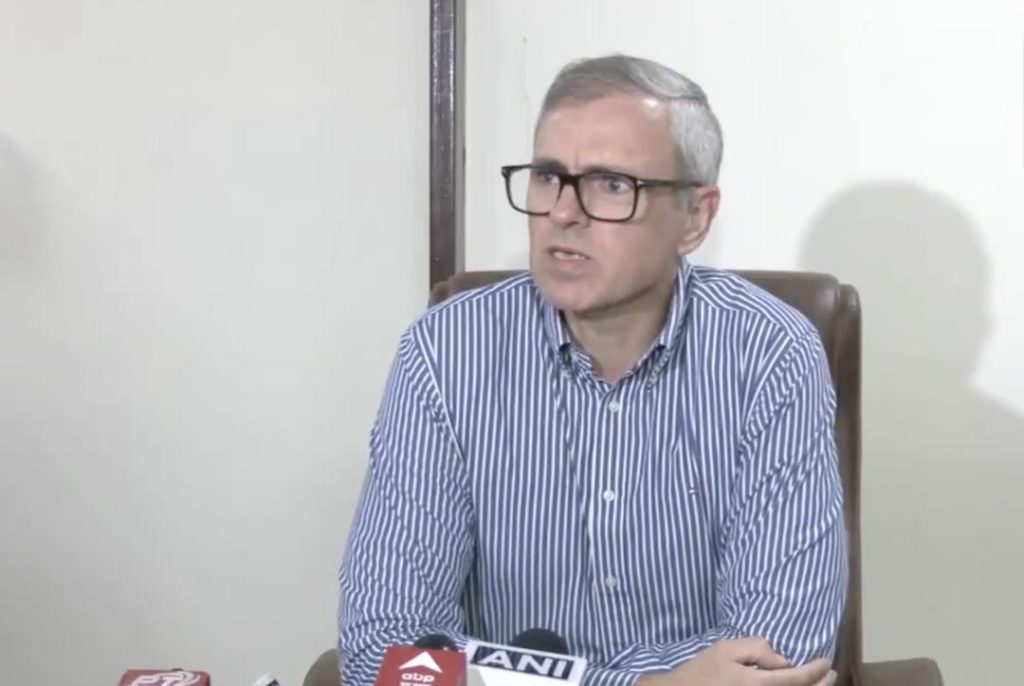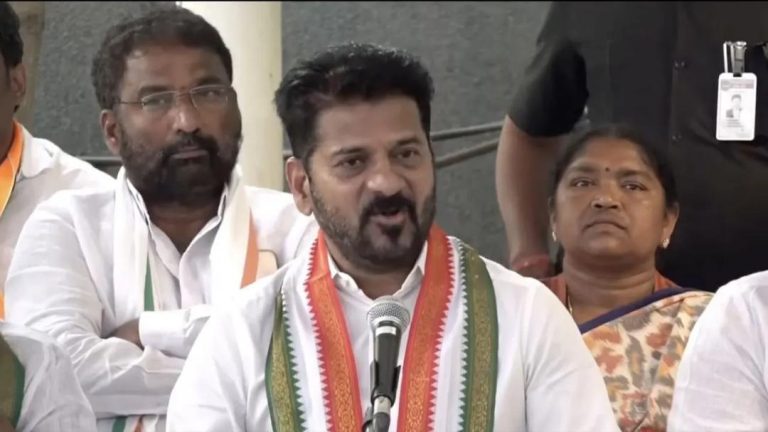
Title: Why should I send water to Punjab?: J&K CM on canal proposal
The recent proposal to build a 113 km-long canal to redirect surplus water from three western rivers of the Indus system in Jammu and Kashmir to Punjab, Haryana, and Rajasthan has sparked a heated debate in the region. At the center of the controversy is Jammu and Kashmir Chief Minister Omar Abdullah, who has expressed strong reservations about the project. In a recent statement, Abdullah questioned the need to send water to Punjab, citing the Indus Waters Treaty and the state’s own water scarcity issues.
Under the Indus Waters Treaty, which was signed in 1960 between India and Pakistan, the three western rivers of the Indus system – Indus, Jhelum, and Chenab – were allocated to Pakistan. However, the treaty also allowed India to use the waters of these rivers for non-consumptive purposes, such as irrigation and hydroelectric power generation. The proposed canal project is aimed at utilizing the surplus water from these rivers to meet the needs of Punjab, Haryana, and Rajasthan, which are facing severe water scarcity issues.
Despite the potential benefits of the project, Abdullah has expressed his concerns about the proposal. In an interview with a leading news channel, he questioned the need to send water to Punjab, given that the state already has a significant share of the Indus Waters Treaty. “Why should I send water to Punjab? Punjab already had water under the Indus Waters Treaty,” he said. “Did they give us water when we needed it?”
Abdullah’s statement has sparked a heated debate in the region, with many arguing that the proposal is unfair to Jammu and Kashmir. The state has been facing severe water scarcity issues, particularly in the Kashmir Valley, where the majority of the population relies on the limited water resources of the Jhelum River for their daily needs. Many residents of the valley have been protesting the proposal, citing the need to prioritize the state’s own water needs over those of other states.
The controversy surrounding the proposal has also raised questions about the Indus Waters Treaty and its implementation. The treaty was signed to resolve the water dispute between India and Pakistan, but it has been criticized for being unfair to Pakistan, which has been facing severe water scarcity issues. The treaty has also been accused of being outdated and in need of revision.
In recent years, there have been several instances of water disputes between India and Pakistan, which have been resolved through diplomatic channels. However, the proposed canal project has raised concerns about the potential for conflict over water resources in the region. The project has also sparked concerns about the environmental impact of diverting water from the Indus system, which is a vital source of water for agriculture, industry, and hydroelectric power generation.
The controversy surrounding the proposed canal project has also highlighted the need for a more comprehensive approach to managing water resources in the region. The Indus Waters Treaty was signed in 1960, and since then, the water needs of the region have changed significantly. The treaty needs to be revised to take into account the changing water needs of the region and to ensure that the water resources are managed in a more equitable and sustainable manner.
In conclusion, the controversy surrounding the proposed canal project has highlighted the need for a more comprehensive approach to managing water resources in the region. The project has raised concerns about the potential for conflict over water resources, the environmental impact of diverting water from the Indus system, and the need to prioritize the water needs of Jammu and Kashmir. The Indus Waters Treaty needs to be revised to take into account the changing water needs of the region and to ensure that the water resources are managed in a more equitable and sustainable manner.






